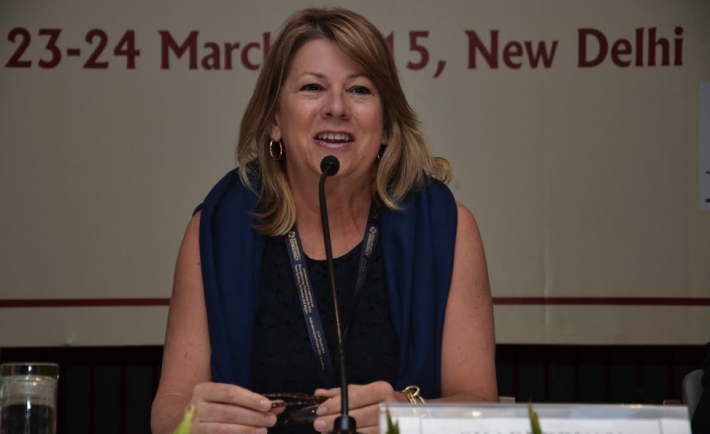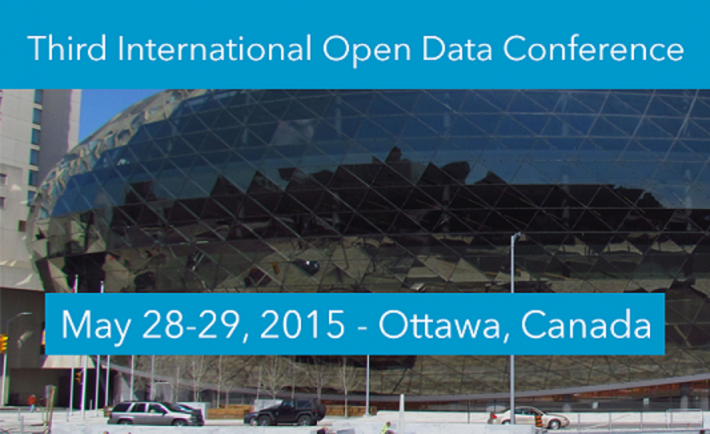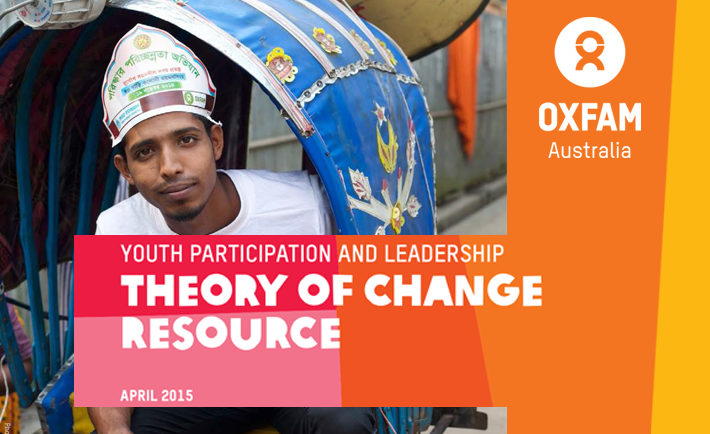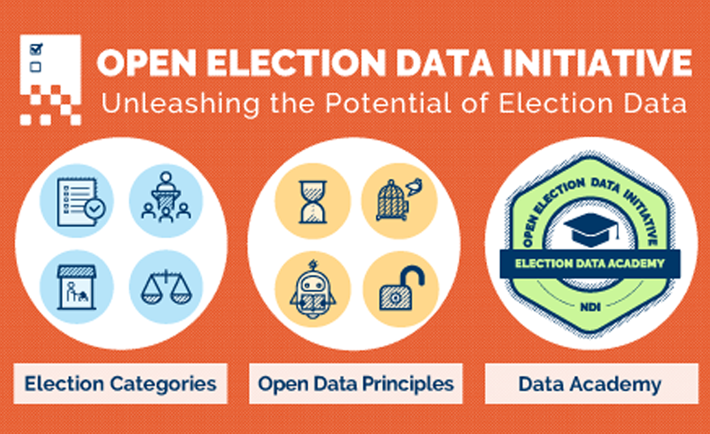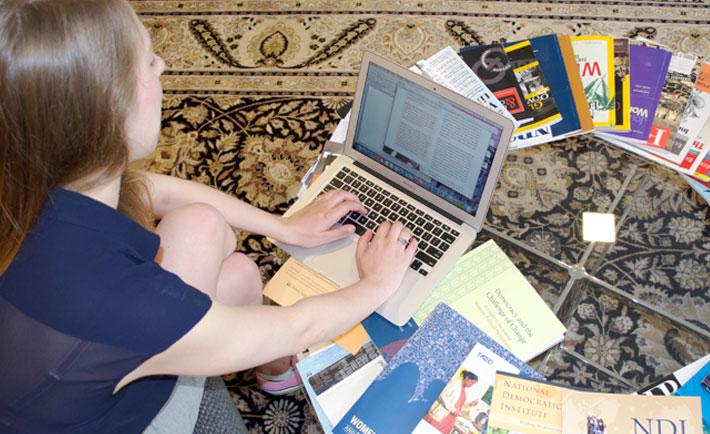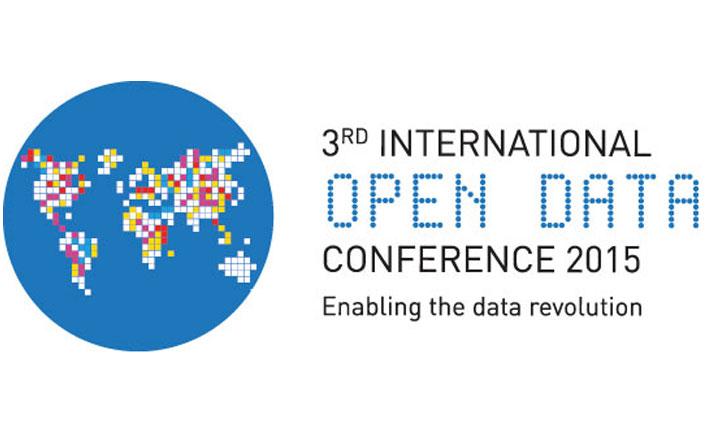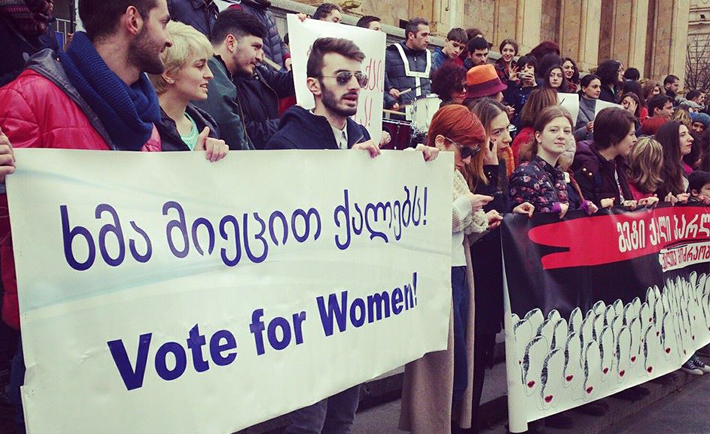
Photo Credit: Dan Mason
While the international community of parliaments and parliamentary support organizations has successfully developed international standards or benchmarks for the institution of parliament, far less attention has been dedicated to developing standards for the ethical conduct of individual members. To help fill this gap and to start a global conversation, members of the Open Government Partnership’s Legislative Openness Working Group have drafted Common Ethical Principles for Members of Parliament.


